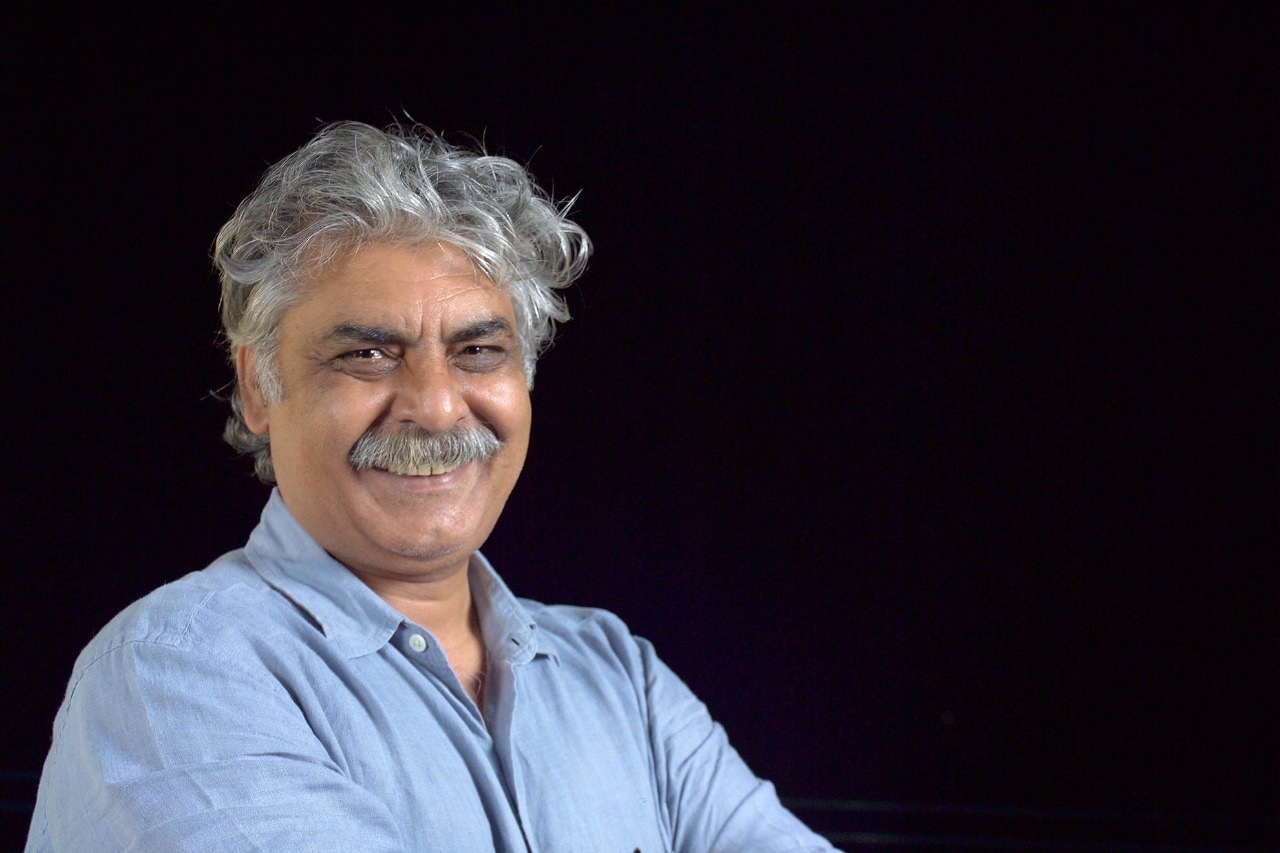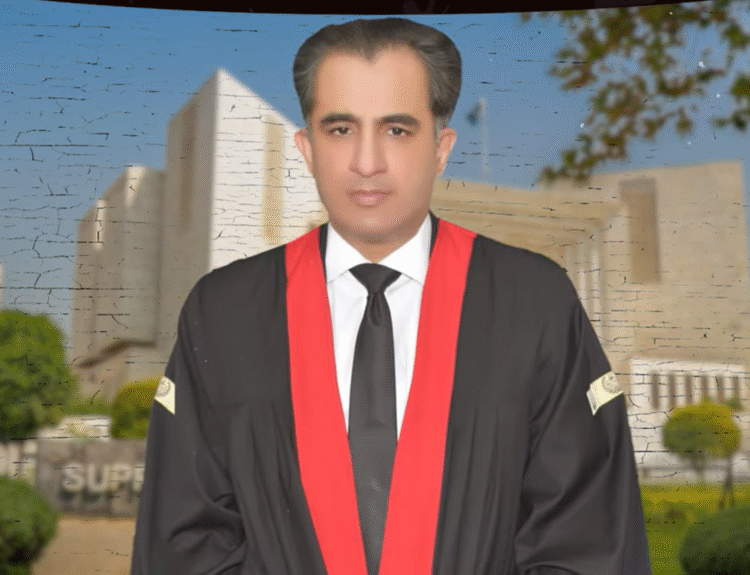Khalid Hussain –
In the war of networks, the lowest denominator sets limits to performance for the whole network. And here Prime Minister Imran Khan and his team –the President is a member—are moving in a way that brings pillars of the state in conflict. And judges are writing to the President asking for explanations. These circumstances are extraordinary. Together they amount to a threat to the very Constitution of the state in Pakistan.
According to the regnant map of realpolitik stamped in our socially-networked minds here in Islamabad, the state in Pakistan has been paralysed. The cause is a political crisis. Politicians and generals are pitched against each other over the 18th Constitutional Amendment.
The supposed fourth pillar of media got lost a long time ago with the petty pennies in advertising revenues of dubious origin and intent in the wake of 9/11. The conflicts between the Parliament and the Executive, have already brought the other two pillars of the state in conflict.
This burlesque of elections and conflicts between the politicians and the alleged “Establishment” has demonstrated amply how both sides go at each other at the slightest excuse by default. In this sorry situation, the Judiciary was the only pillar that stood strong. Many insist it supports the state saving it from a total collapse. So when the Supreme Judicial Council (SJC) confirms filing of references against superior court judges by issuing on Thursday a notice to the federal government through Attorney General Anwar Mansoor for June 14.
The last remaining pillar appears to be at stake too, argues the Supreme Court Bar Association President, Amanullah Kanrani who says the entire body of lawyers stands by Justice Isa. The executive committee of the Supreme Court Bar Association (SCBA) also expressed its concern over the media trial of the superior court judges. Additional Attorney General Zahid F. Ebrahim, a son of former chief election commissioner Fakhruddin G. Ebrahim, had resigned from the office. He opined the reference was “a reckless attempt to tarnish the reputation of independent individuals and browbeat the judiciary.”
The array of interests that fuse structural pillars of the state together as a unit is, however, a domain where none of these so-called conflicting pillars have jurisdiction. It lies beyond the ambit of law and hence subject to no set procedure. That is why the solution is always political. But that is the level of politics which is rarer than the very soul of law. We only have the edifice of law in our state that has been bereft of its living force, its very soul. Parliament has the Constitution that binds organs of the state together. It is, therefore, an agony to see how that sovereign body hands over all its power to the 1935 India Act that was designed for effective control to maximize extraction from the colony. All our laws and procedures derive from that or allied colonial government precedence.
The governance that the 1935 Act afforded in India was far from anything that any self-respecting state would wish to impose on its people. Yet, it is also a part of our sorry history and pathetic present that all our people remember this age to one of great peace and prosperity when one person worked and extended families survived on his income. And a lone woman wearing a kilogram of gold could travel from Calcutta to Peshawar totally safe and sound. The key to this colonial law was a generous essential arbitrary authority at various tiers of government in all its branches. It was the Victorian Culture that afforded them to infuse a soul into this lifeless set of rules called law to spring to life with peer pressure.
This is no lauding the dubious English genius in colonial administration but to point out the fact that law is not the ultimate arbitrator in society. Politics is. But not electoral politics but politics that serve the society.
The proof of this politics obtains in the nature and strength of the Establishment that ensures systems stay calibrated for optimum cooperation and collaboration for effective governance that cannot be limited down to a few inhuman indicators in growth numbers, fictional money and balancing audit reports. The Establishment is the soul of the Society. It ensures that the state is healthy for its people.
We do not have such an Establishment in Pakistan.It is wrong to call the armed forces “Establishment”. And Imran not only does he not live in the Prime Ministers’ house physically, it looks like he also refuses to dwell there intellectually.
Our media has serious capacity issues that state control and coercion doesn’t help at all. One proof of the media being a goof in general is the fact it calls the military –or the Army to be more specific—as the Establishment. This is common to all media from print to twitter. However, nothing can be farther from that. Establishment is not limited by any tenure. There is no one in the armed forces that is free of tenure. The military is not the Establishment. Let us please stop confusing the people.
Our real political crisis in Pakistan today is that we do not have an Establishment. Or we would not be in our present sorry state of affairs. However, the beautiful thing about the Establishment is there is no one it needs permission to be. And another, that an Establishment has never been composed of saints alone.
Because the heads of the many pillars of our state can exercise an absolute authority in their own domain, making affections and desires the sole rule of conduct; giving goods without equality and without justice, then a limited despotism defines the despotism in government. And in our society that has been formed on such foundations, cupidity, restrained by the laws, has become more artful, but not less active.
The society we have today is an intestine war, in which the citizens, divided into contending corps of professions, classes, and families, unremittingly struggle to appropriate to themselves, under whatever rubric suits them, the ability of plundering everything, and rendering everything subservient to the dictates of their passions. It is this spirit of encroachment disguised under layered forms that always stays the same in its object and motives, that has been the perpetual scourge of Pakistan.
It is time the Establishment in Pakistan realizes the state cannot function without their minding it!
__________________________________________________________________________________________________________________
Khalid Hussain is Resident Editor of TLTP – You may contact Khalid Hussain at Resident.Editor@lawtoday.com.pk.pk




